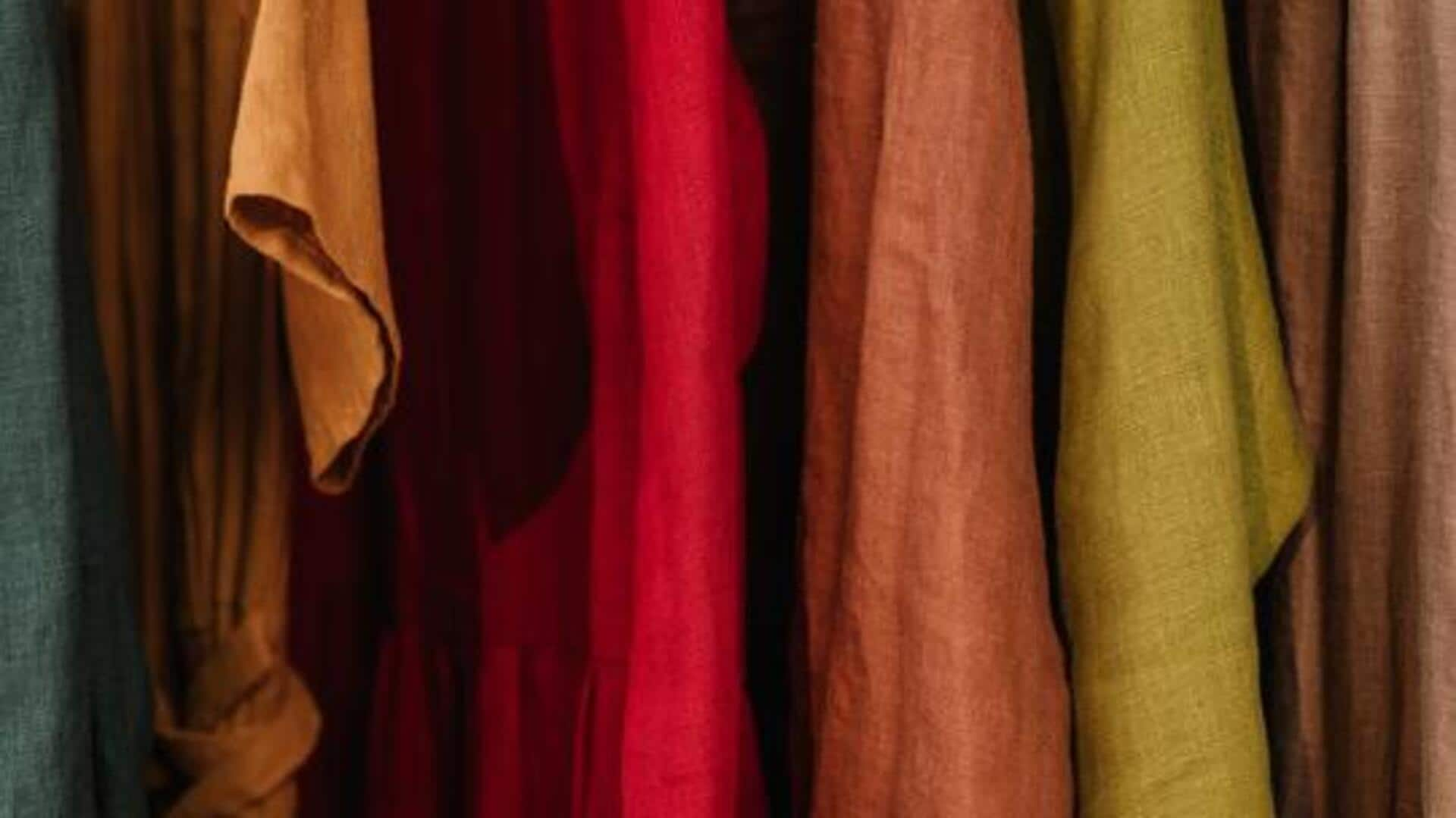
How to buy sustainable fabrics
What's the story
African textiles are famous for their vivid colors and intricate patterns. However, buying these fabrics ethically is important to support local communities and preserve cultural heritage. By following some simple guidelines, you can ensure that your purchases benefit artisans and promote sustainable practices. Here are some tips to help you make informed choices when buying African fabrics.
#1
Understand the fabric's origin
Knowing where the fabric comes from is key to ethical buying. Many African textiles are made in specific regions, each with its own traditional techniques and designs. Researching the origin of the fabric can help you understand its cultural significance and craftsmanship. This knowledge allows you to appreciate the work that goes into creating each piece and supports artisans who rely on fair trade practices.
#2
Support fair trade initiatives
Fair trade initiatives guarantee that artisans are paid fairly for their work. By supporting these programs, you are not only helping to uplift communities but also ensuring that your purchase has a positive impact on the lives of those who create these beautiful textiles. Look for certifications or labels indicating fair trade practices when shopping for African fabrics.
#3
Check for authenticity
Authenticity is key when it comes to African textiles. Sadly, replicas are often sold at a lower price, which may mislead buyers. To make sure you're buying an authentic product, look for labels or certificates from trusted organizations. Authentic pieces not only guarantee quality but also help in preserving traditional craftsmanship by giving artisans the recognition and reward they deserve.
#4
Consider environmental impact
The environmental impact of textile production is a growing concern. When buying African fabrics, try to opt for those produced using eco-friendly methods. Many artisans are now adopting sustainable practices such as natural dyes and organic materials to minimize their carbon footprint. By choosing these options, you contribute to environmental conservation while supporting ethical craftsmanship.
#5
Engage directly with artisans
Whenever possible, engage directly with artisans or cooperatives when buying African fabrics. This direct interaction not only gives you a chance to know the stories behind each piece but also ensures that a larger part of your money goes directly into the hands of the makers. It promotes transparency in the supply chain and helps you build a connection with the culture behind the textile.